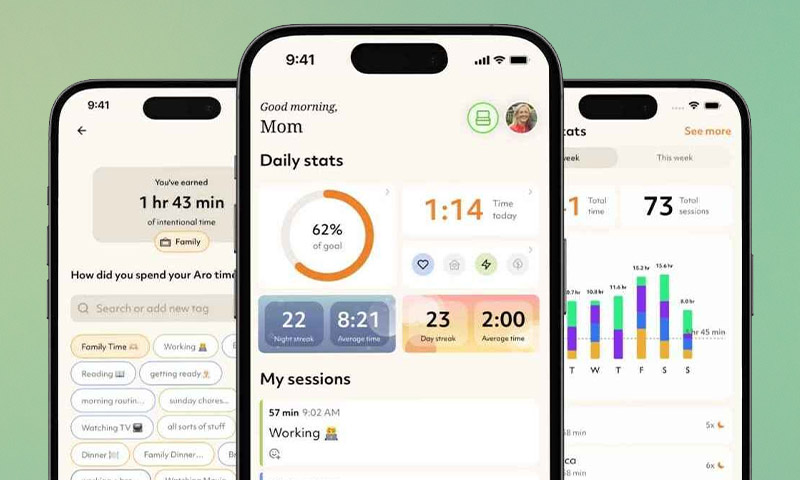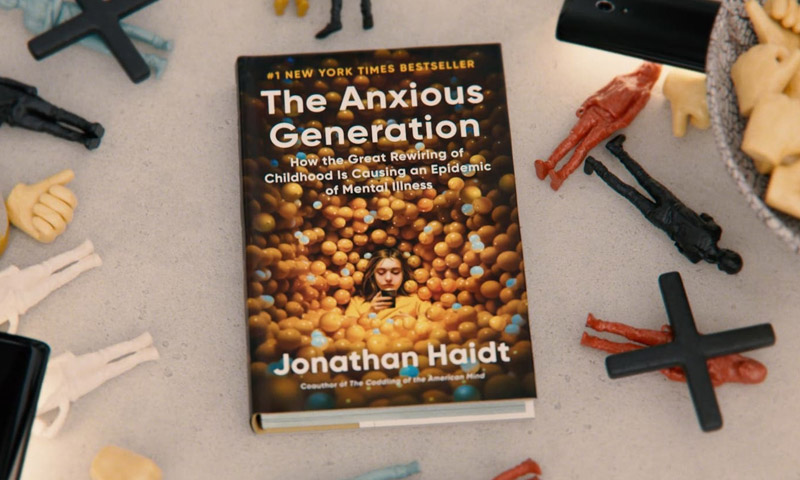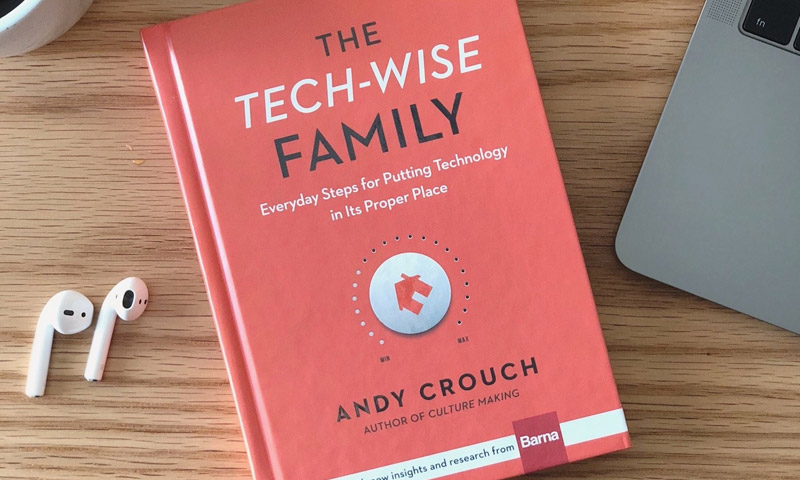The practice of fasting (of any kind) is in stark contrast to most of the ways we live on a day-to-day basis in our lives, especially as it relates to digital technology. Due to the addictive nature of technology, and specifically smartphones, we want you to be aware of what you may experience during this time.
In terms of withdrawal effects, you may experience nervousness, restlessness, or irritability during the first several days. You may have heightened emotional sensitivity and realize deep feelings of anger, grief, or sadness, even if you’re initially unsure of the cause. Often, our engagement with technology disguises unpleasant feelings and leads us to avoid coping with them.
However, the benefits you can expect far outweigh the initial drawbacks. As with any fast, the further you progress, the more distinctly you may be aware of the leading of the Holy Spirit and a realization of the nearness of God and His work in your heart and life. Additionally, people report better sleep almost immediately. Other benefits include better posture, noticing the faces and eyes of others, increased mental clarity, the ability to focus intentionally, easing of neck and shoulder tension, an uptick in peace, the ability to dream for the future, and a vibrancy to the physical world.
This experience is an invitation to explore a better way. Rather than asking, “Can I detox/fast for 28 days?” Instead ask, “What do I want to learn or experience in the next 28 days?” The first question will cause us to focus on simply muscling through and getting to the finish line. With this approach, there is the potential to either abandon the pursuit if we stumble along the way or make it to the end without having experienced the benefits. The second question will help us to discover what can be carried forward in our relationship to tech. If we don’t have a clear and established “why” behind this pursuit, it will be more difficult to sustain and minimal in its return.

